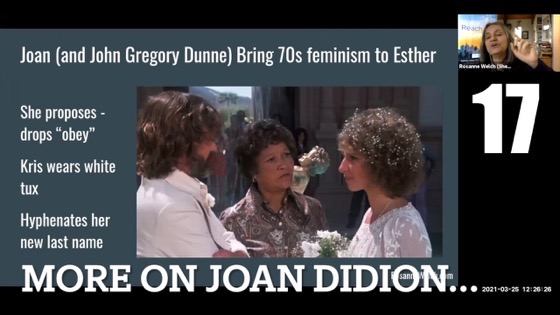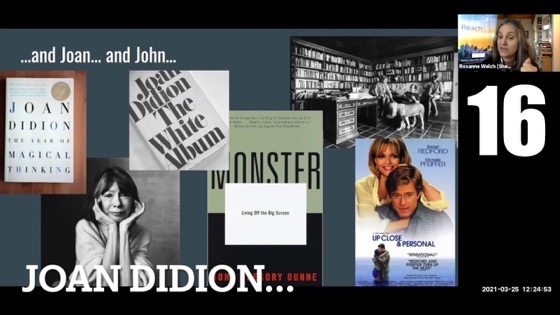In researching and writing my book on Giuseppe and Anita Garibaldi and the unification of Italy (A Man Of Action Saving Liberty: A Novel Based On The Life Of Giuseppe Garibaldi) I re-discovered the first American female war correspondent – Margaret Fuller — who I had first met in a college course on the Transcendentalists. I was once again fascinated by a life lived purposefully.
Then I found Tammy Rose’s podcast on the Transcendentalists – Concord Days – and was delighted when she asked me to guest for a discussion of Fuller’s work in Italy as both a journalist – and a nurse. — Rosanne
Watch this entire presentation
Concord Days sends love to Margaret Fuller on the anniversary of her death in 1850.
The conversation focuses on Margaret’s exciting days in ITALY!
Dr. Rosanne Welch takes us through her adventures and enthusiastically reminds us what she was like when she was living her best life!
Transcript:
Tammy: What are the new things you know. I’m sure that Margaret felt the same way where people were like, you know, we women aren’t supposed to be this smart. Women aren’t supposed to be able to hold their own in conversation. What’s going on?
Rosanne: …and you know it’s so funny because can you imagine what she would have done in this world of the internet to disperse her ideas in all the many ways? Whether it’s on a website or a blog or whether she would have been you know part of a podcast as you said earlier. The ability to spread your ideas so far and wide would have been such a joy I think.
Tammy: Exactly and she’s one of the people who would also like — it’s not just her ideas that were radical but she was also — she was the first I think to interpret to translate Goethe to English right? So like — it’s not like she’s just coming at it from, you know, here I am this person who’s uneducated. She has the chops to help you know place everything and give everything context.
Podcast: Play in new window | Download
Subscribe: RSS
![28 What Would Margaret Do Today? from Concord Days: Margaret Fuller in Italy [Video]](https://rosannewelch.com/wp-content/uploads/2022/02/rmw-concord-day-2021-fuller-rome-28.jpg)
![27 The Fuller Biographies from Concord Days: Margaret Fuller in Italy [Video]](https://rosannewelch.com/wp-content/uploads/2022/02/rmw-concord-day-2021-fuller-rome-27.jpg)
![26 An Italian In America? from Concord Days: Margaret Fuller in Italy [Video]](https://rosannewelch.com/wp-content/uploads/2022/01/rmw-concord-day-2021-fuller-rome-26.jpg)
![25 Filippo Mazzei from Concord Days: Margaret Fuller in Italy [Video]](https://rosannewelch.com/wp-content/uploads/2022/01/rmw-concord-day-2021-fuller-rome-25.jpg)
![24 Italians In America from Concord Days: Margaret Fuller in Italy [Video]1](https://rosannewelch.com/wp-content/uploads/2022/01/rmw-concord-day-2021-fuller-rome-24.jpg)
![23 Why Return to the US? from Concord Days: Margaret Fuller in Italy [Video]](https://rosannewelch.com/wp-content/uploads/2022/01/rmw-concord-day-2021-fuller-rome-23.jpg)


![21 The Husband from Concord Days: Margaret Fuller in Italy [Video]](https://rosannewelch.com/wp-content/uploads/2021/12/rmw-concord-day-2021-fuller-rome-21.jpg)
